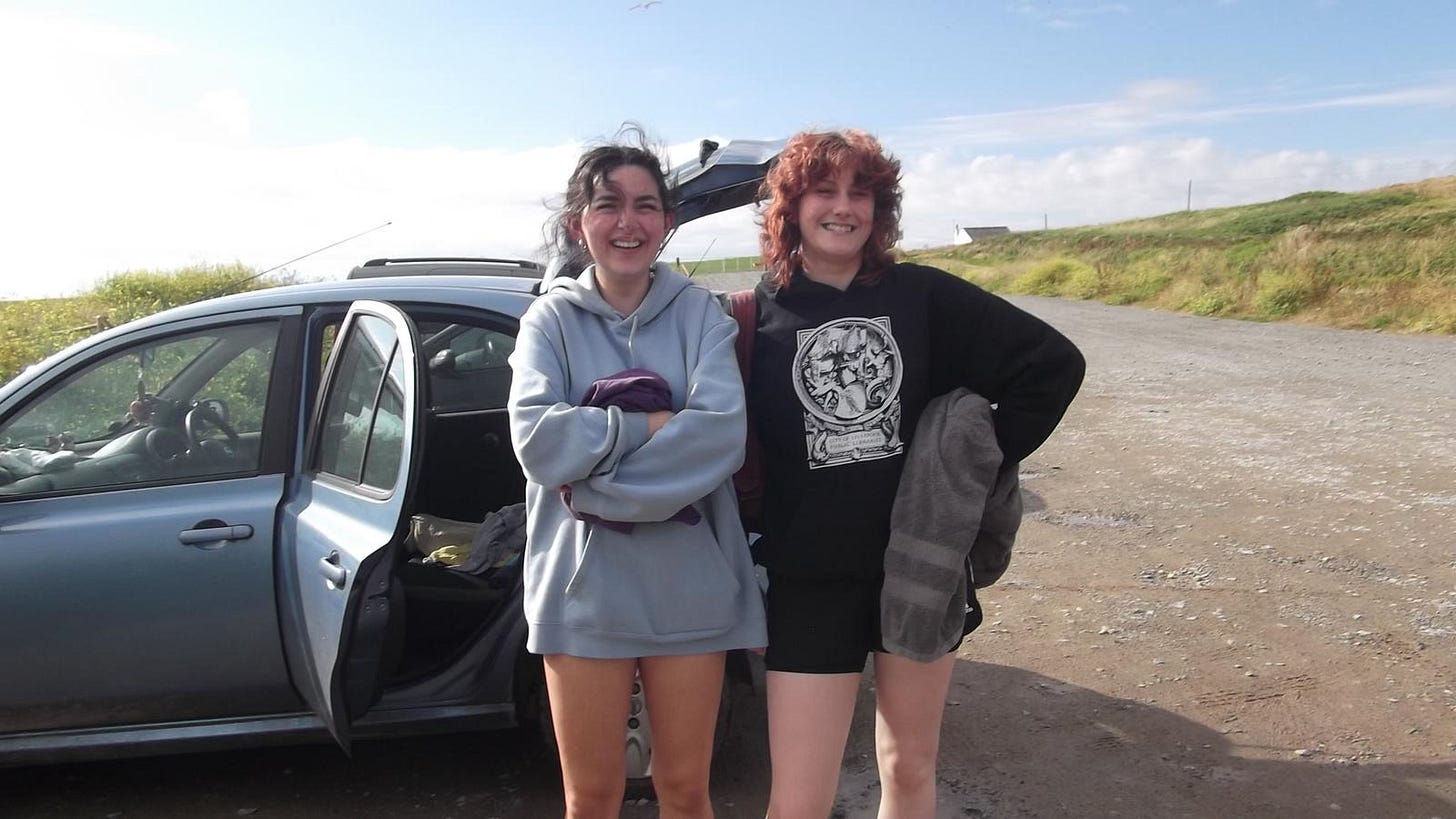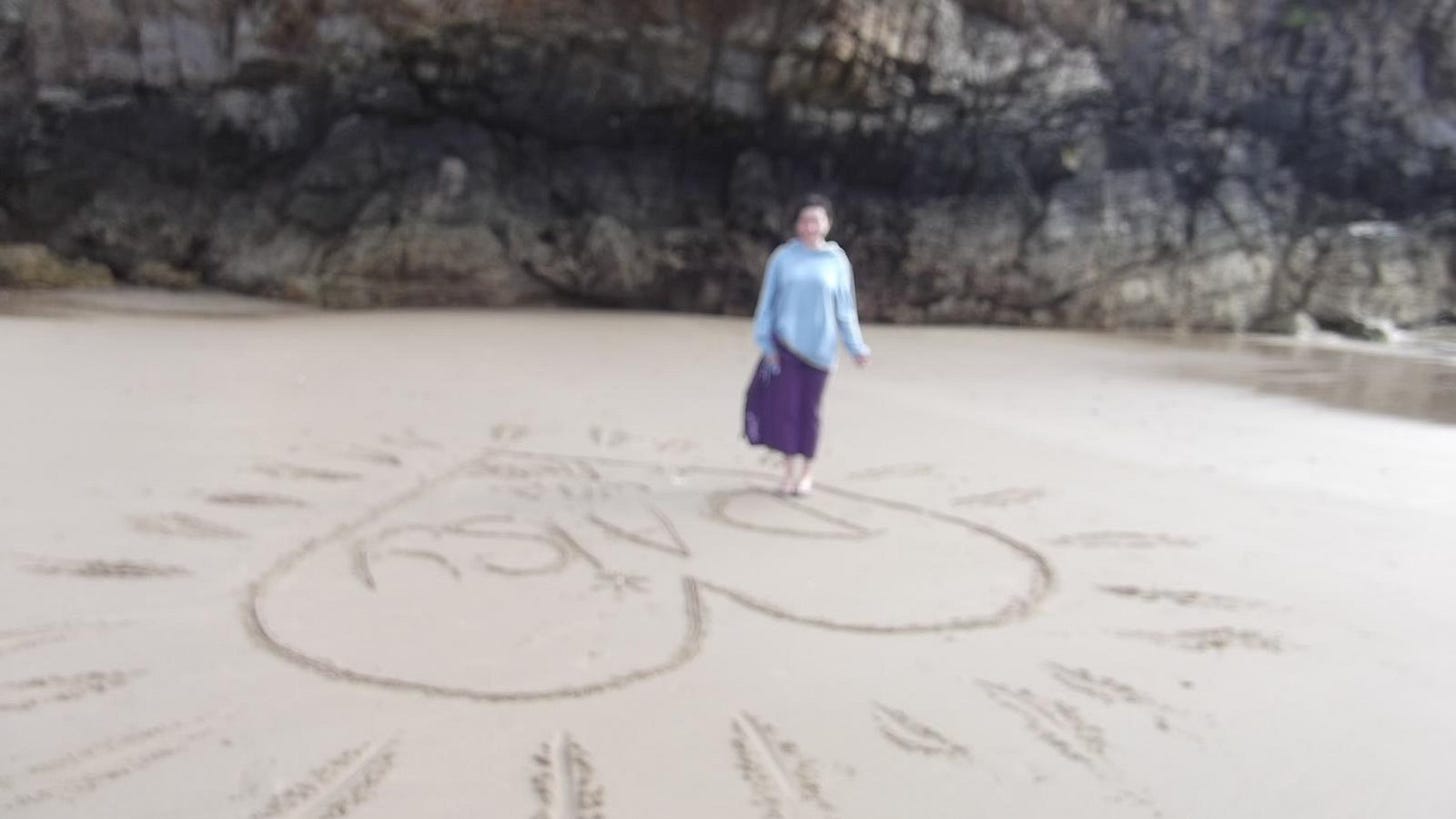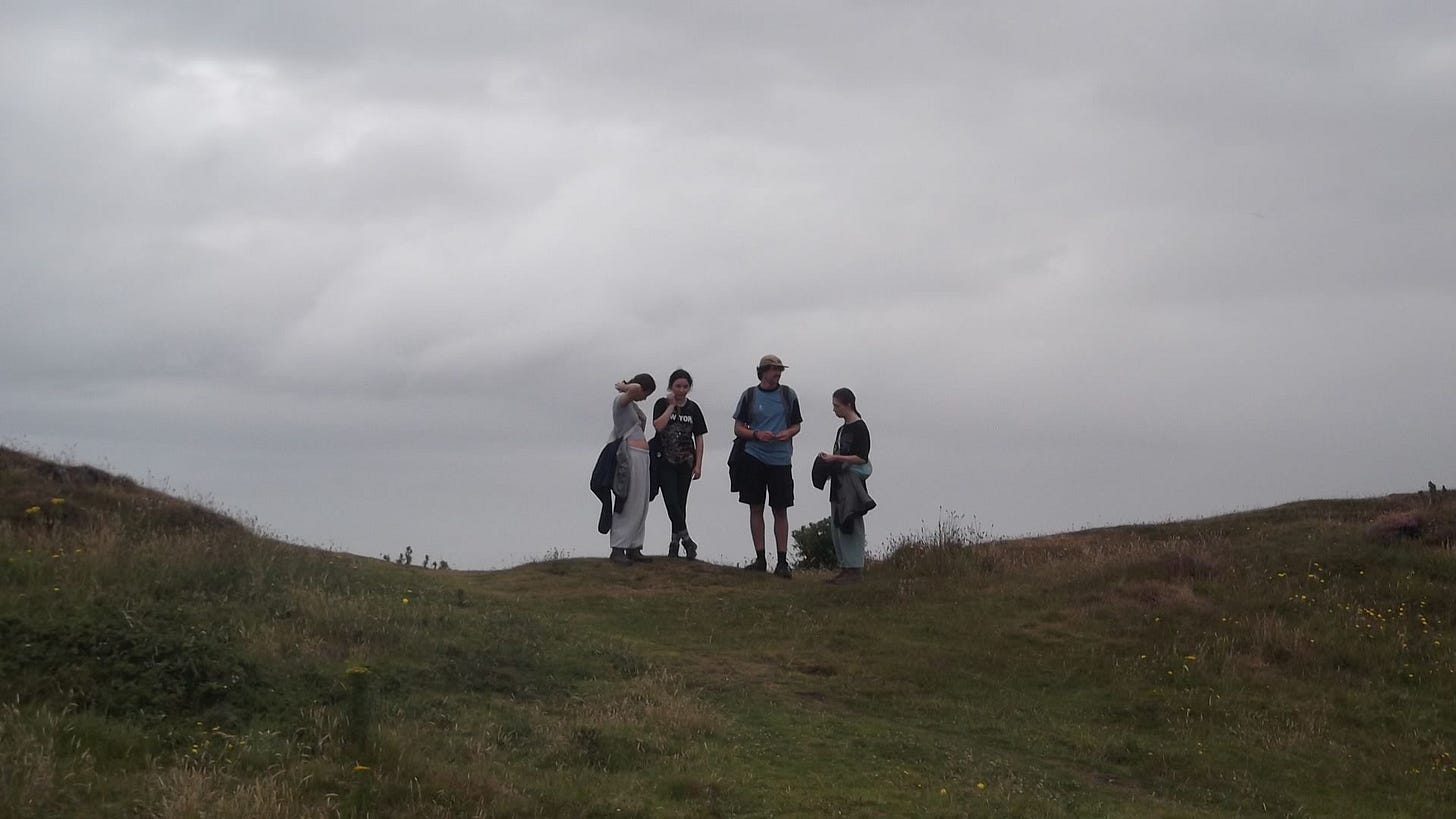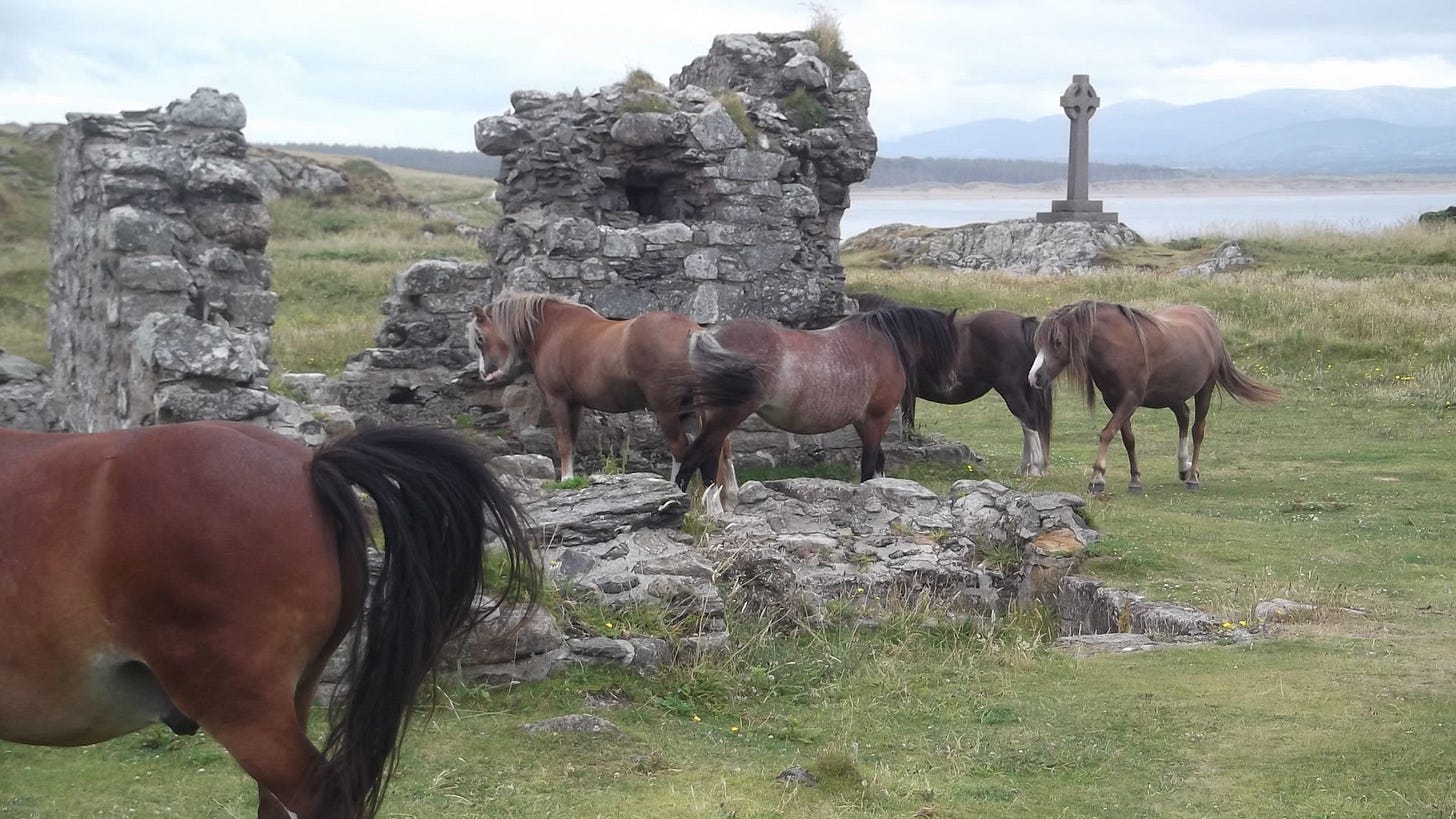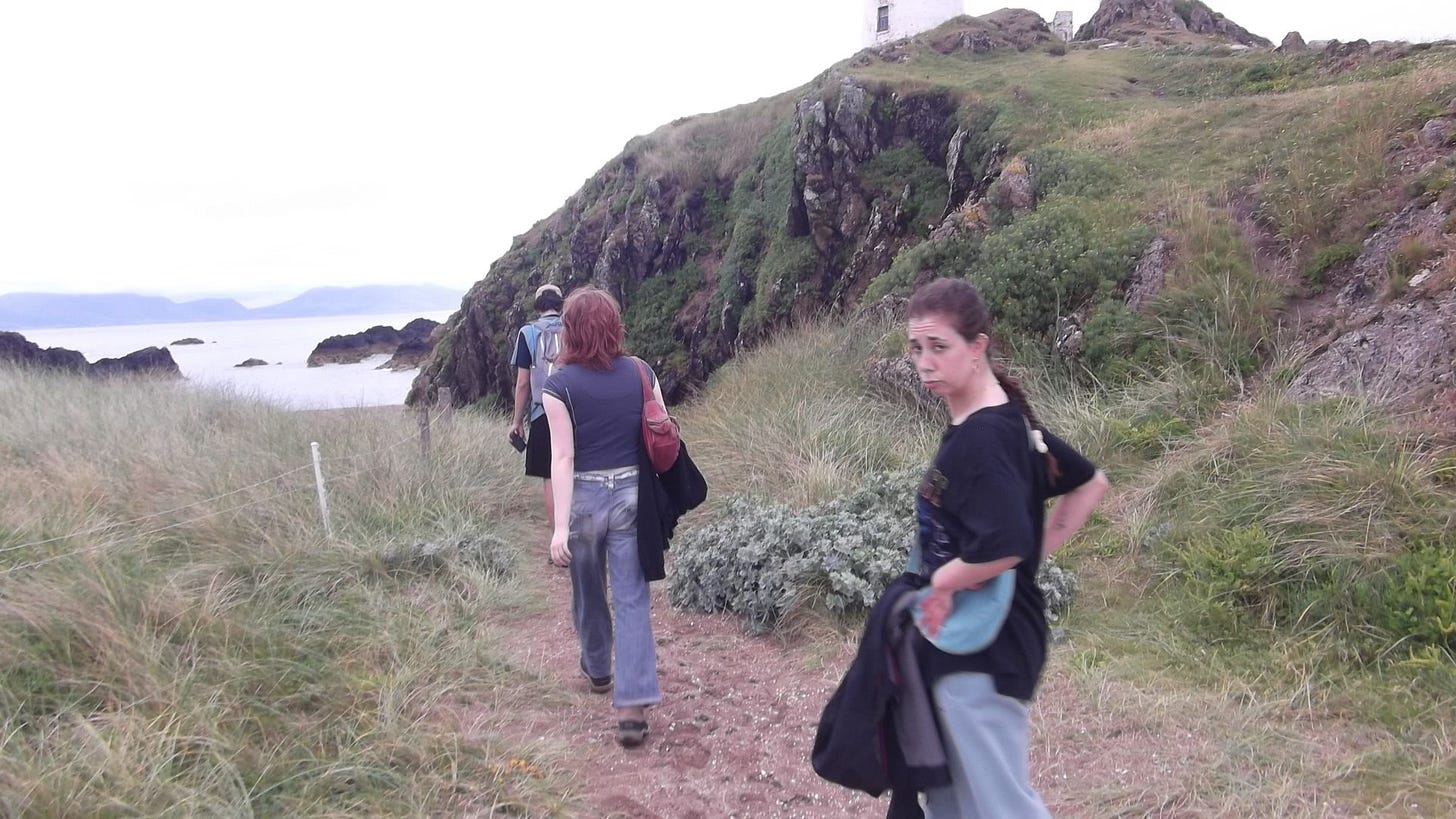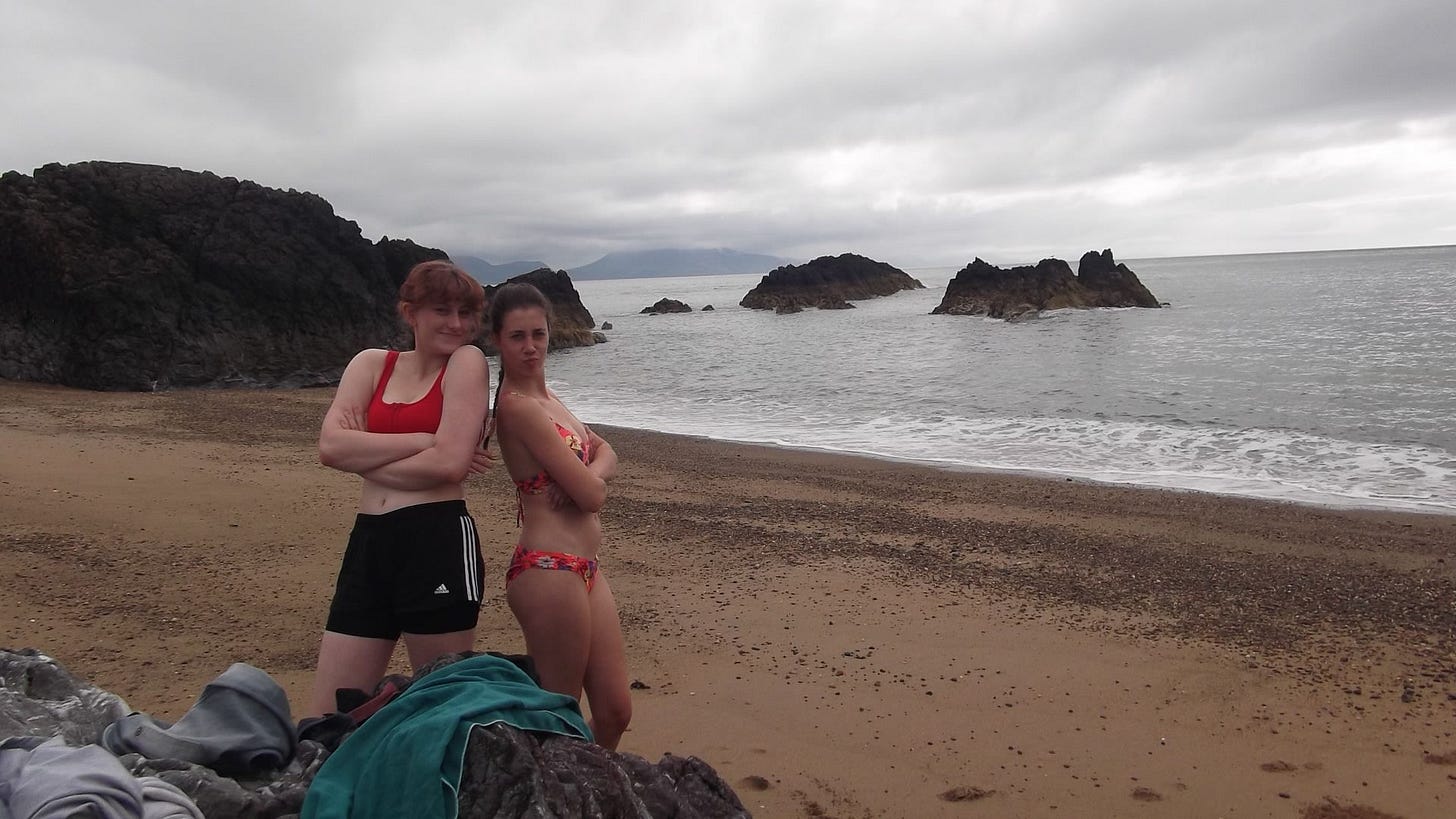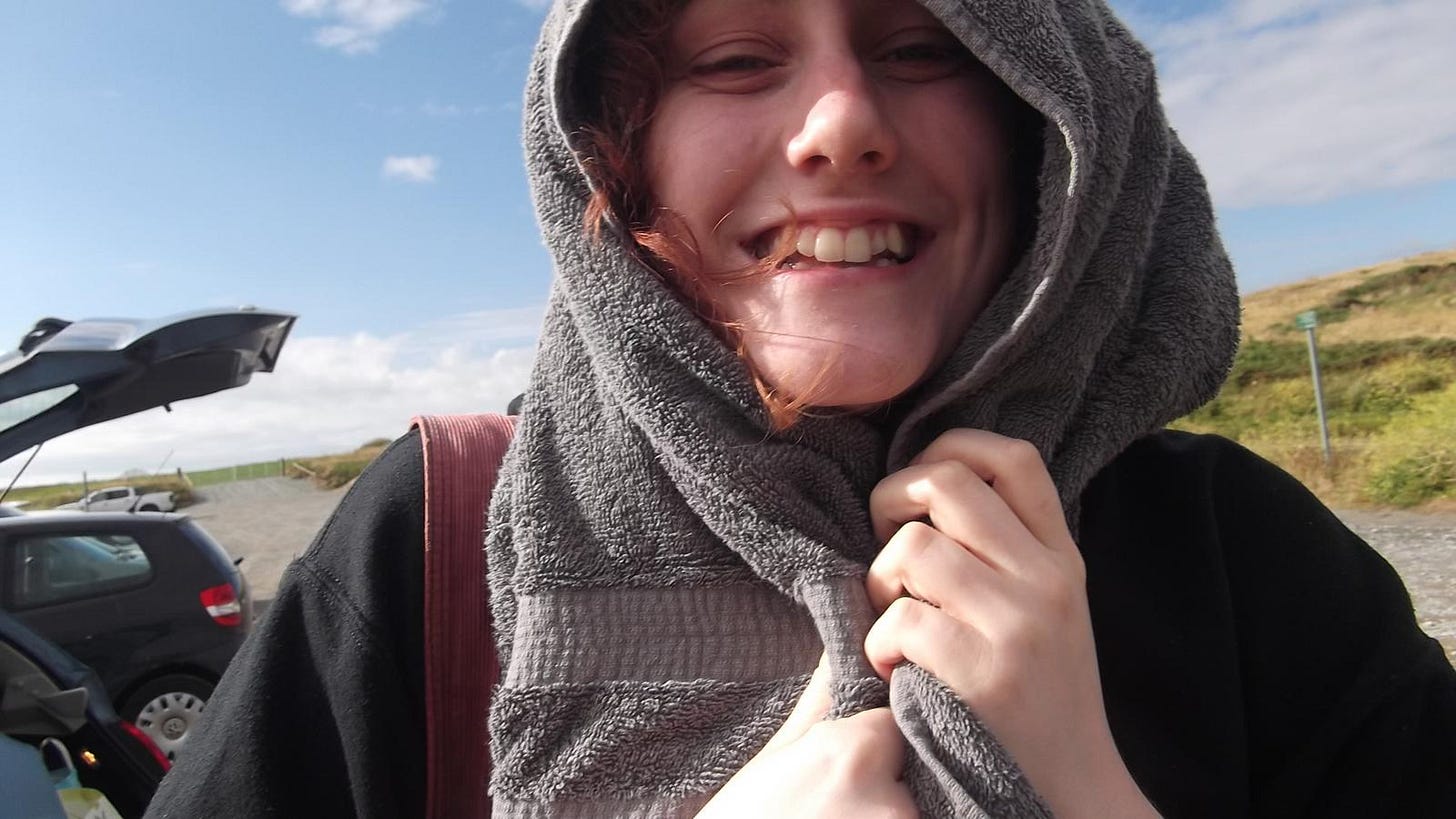One of my mums’ friends recently came to stay for the night. We haven’t seen her since I was around 11. She hasn’t seen me as an adult. I haven’t met her as a mother. Sometimes evolution feels so incremental but the years must change us. We had sporadic conversation during the moments at home passing in and under the front door and many of the things she said stuck with me; one of them being the third place.
She has lived in practically every continent over the last few decades, and she shared with me her experiences of what it’s like to try and shimmy yourself into new spaces and strike the balance between retaining everything you once knew and believed about the world whilst keeping your hands open to a new experience, a new language or culture, a new way of doing it all. The difference between travelling and moving is caught up in its permanence I think. The commitment to staying in one place for longer than a couple weeks or months. Or in a more literal sense, the joys of residency paperwork.
What can be compromised in the shift between the old place and the new place is the third place. It’s a sociology coined by Ray Oldenburg in his book The Great Good Place (1999). It argues that most people have the first place, home, and many people have the second place, work, but in order to live a fuller, healthier, bigger life, you’ve got to find the third place.
And it’s not specifically a club, a rehearsal space you go with the band you’re in, a sports team practice. It’s about being out in the world without direction, encouraging time for lingering. Being out there and soaking it all in. It’s about building community, the slow and arduous thing. It’s about unstructured socialising without a rule book. It’s about being a regular somewhere. A place where you might glimpse the spontaneity of life. A third place can be the local pub, park or community centre. It could be the religious centre you gather at, a makeshift treehouse or a coffee shop. It could quite literally be anywhere you can’t be certain of what is about to happen.
I tried to brainstorm this place for myself because I’ve realised that I don’t have one that comes to mind anymore. For a lot of people their third place is consolidated in their childhood; the field you first went camping on, the other field you started drinking on, the river at the bottom of the road, your best friends house. For me, a lot of the time it was church, which begs an interesting question about freedom. Church was an expectation, it wasn’t a question. I was always there, living my life around the monolith of a religion with 1 God who was supposedly 3 people all at the same time. The more reading I’ve done about the third place, the more the philosophy of freedom is vital, the importance of it being a place you choose to walk into. Church didn’t always offer me that freedom, and this isn’t to say that it was a bad third place, in retrospect it just wasn’t personal, but I suppose childhood rarely is. One thing it did install in me though which I’m not sure I’ll ever be able to shake even if I wanted to is the importance of community, belonging to something bigger than a group of people in the room with shared interests, belonging to something bigger than yourself. Something shifts when people choose to be in a place, it’s intentional, a place you’d feel safe.
The thing people often say they miss about church or organised religion once you’ve left it, is that aspect of community, the big arms it offers when life is heavy, the familiarity with lots of people even if you don’t really know them, this familiarity which breeds a belief that people can be kind.
I still think in order to feel like you belong somewhere you’ve got to connect with the people around you. You’ve got to find the third space, become comfortable in it and then work yourself into its architecture, become a regular. It should be a place of acceptance, where people from all walks of life can escape work or home. A place where people can just hang out.
I’m persuaded that there needs to be something about the third place which is entirely unpretentious. For example, Dad and I have spoken about the difference between ‘snotty, hipster’ coffee shops where the thought of ordering anything other than a batch brew feels like social suicide versus what Blackbird Spyplane defines an U.G.H.Z. (for the record I do appreciate good coffee and can understand the hype around certain batch brews I just don’t thinking anyone needs to have an attitude about the fact I sometimes want milk in my coffee.)
Blackbird Spyplane explains it in much more depth with much more humour than I will but the bottom line is, third spaces might have to loose their swagger in order to claim third space status. There’s very little space for spontaneity when there’s no space for individuality.
The idea of a place being ‘un-grammable’ reminded me of the internet. I’m worried that my third place is less rooted in reality and has become synonymous with my ‘online persona’ one which leaves little space for real conversation, spontaneity, or reality. The internet is obsessed with ego and a self that can be controlled and mastered and then projected out to the world - but that’s not real, it’s not human! I hope real, concrete third spaces, particularly those ‘un-grammable’ ones can combat the internets illusion of life.
I hope some of that resonates. Hope you take the world by storm and remember to take up space in favour of the resurgence of the third place we lost ! Go to the pub and talk to a stranger, sit in the park and read a book, turn your f*cking phone off, order the milkiest drink you can from a silly hipster coffee spot and make conversation about it, stop on the pavement if you see someone you know, stop on the pavement if you see someone you don’t know!
anglesey circa mid july.
snippets from a great week. if all else fails, sometimes the best third place is wherever your friends are.






